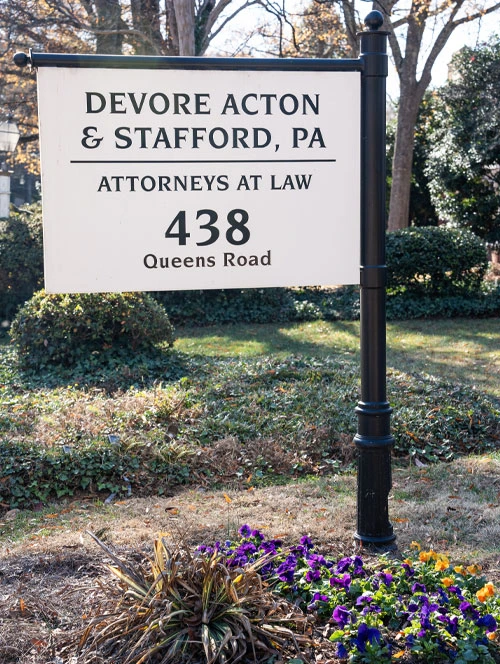Consequences of Writing a Worthless Check (NC)

If you are like me, then there are times in your hectic life when you aren’t quite sure exactly how much money you have in your checking account. In an age where electronic bank statements (e-statements) are the usual way people check account balances, it is easy to lose track of how much you have, or more importantly, how much you don’t have. Add to that the number of days it takes for some credit card companies to process funds, or how long it takes “Aunt Millie” to deposit the $500 check you wrote her, and it can be rather simple to overdraft or write a check that bounces. For those of you where this applies, I warn you to be very cautious of those checks you are writing. The consequences of writing a bad or worthless check in NC are much steeper than you might think.
In North Carolina it is against the law for any person or corporation to make, draw, or deliver any check for a certain sum of money, knowing at the time of making there were insufficient funds for the check. If the amount of the check is over $100 the person is guilty of a Class 2 Misdemeanor, if it is over $2,000 it is a Class 1 Felony.
I know what some of you may be thinking…you are thinking that if you are unsure of how much you have in your checking account when you write the check, then you can argue you didn’t know you had insufficient funds. However, “knowledge” of writing a worthless check is ordinarily proved by circumstances from which it may be inferred. For example, if you have written bad checks in the past or if you wrote a check immediately after depositing certain funds in your account, with knowledge that it takes awhile for your bank to process deposited funds, you may be guilty of a misdemeanor or a felony. If the evidence draws an inference that you knew you were writing a worthless check, you may be criminally liable.
Also, the act of writing the worthless check is enough to give the State probable cause to believe the person charged is guilty of the crime. Unfortunately, paying off a worthless check after a person is charged with the crime is immaterial to the determination of whether probable cause existed to initiate a worthless check proceeding.
Moral of this story: Don’t write worthless checks!
5 Ways to protect yourself:
1.) Keep up-to-date records of everything you buy, not just what’s on the E-statement.
2.) Always check your bank account before writing a check, especially one over $2,000.
3.) Don’t write any checks from closed accounts.
4.) If someone tells you they are just holding the check and won’t deposit it, don’t believe them or if you do, make sure you have the funds…Believing somebody won’t deposit it is not a defense to writing a worthless check.
5.) If you have written a worthless check and haven’t yet been charged, either see an attorney or make every effort to pay off the entire amount of the check as soon as possible.

request your consultation
"*" indicates required fields


